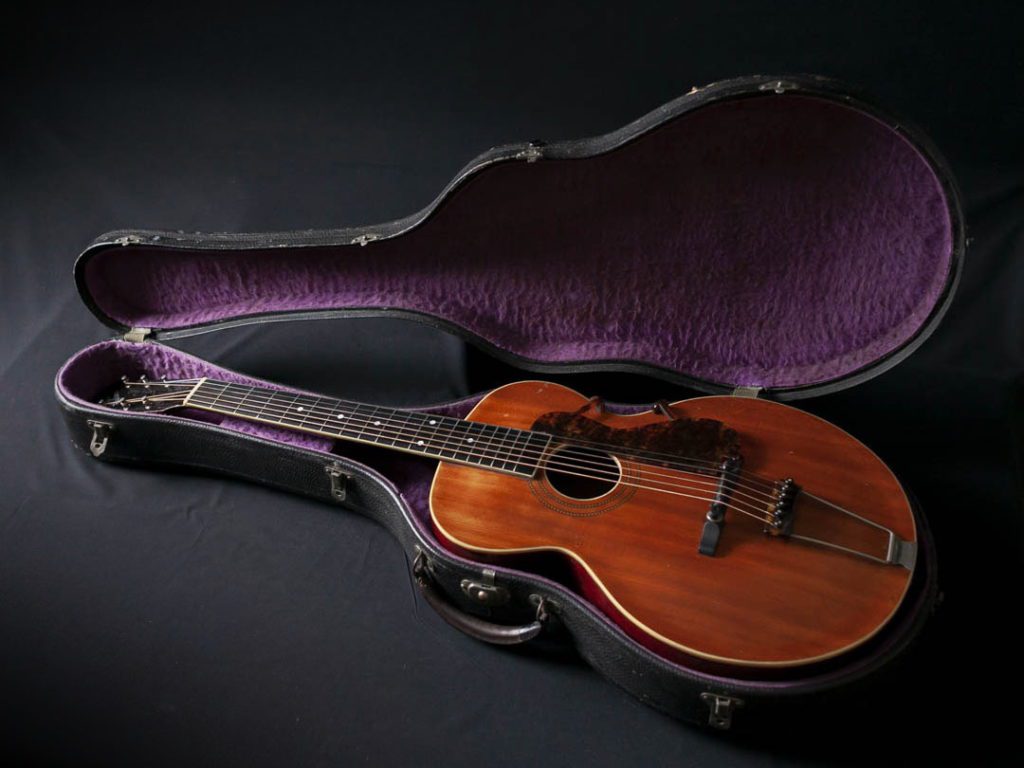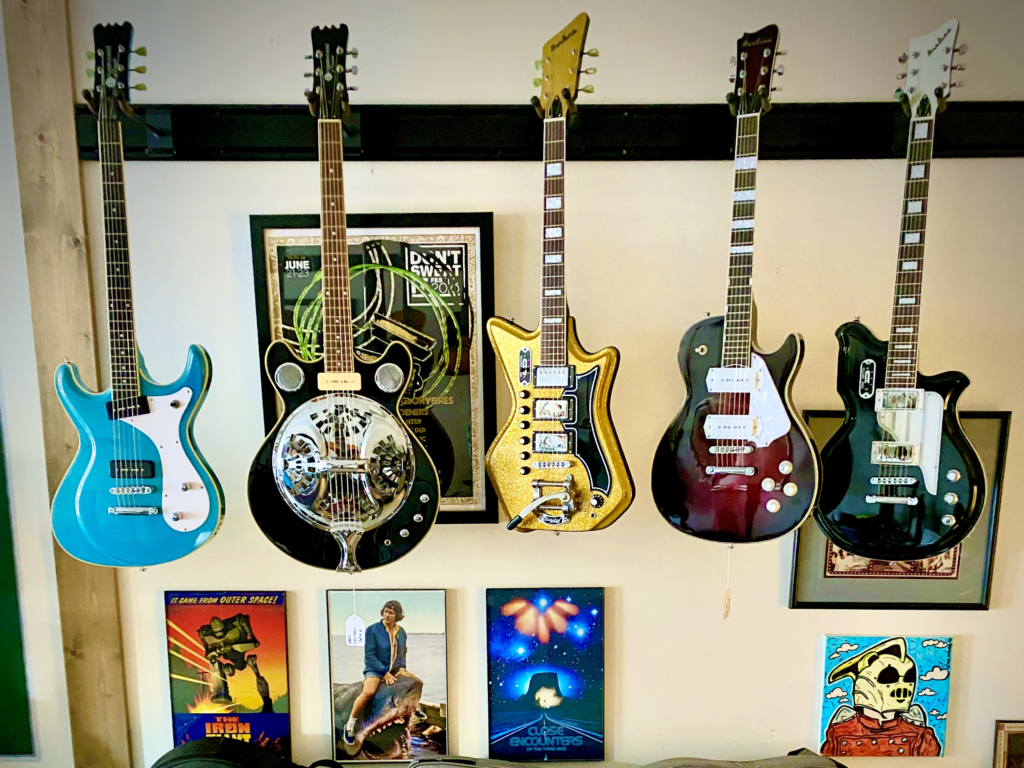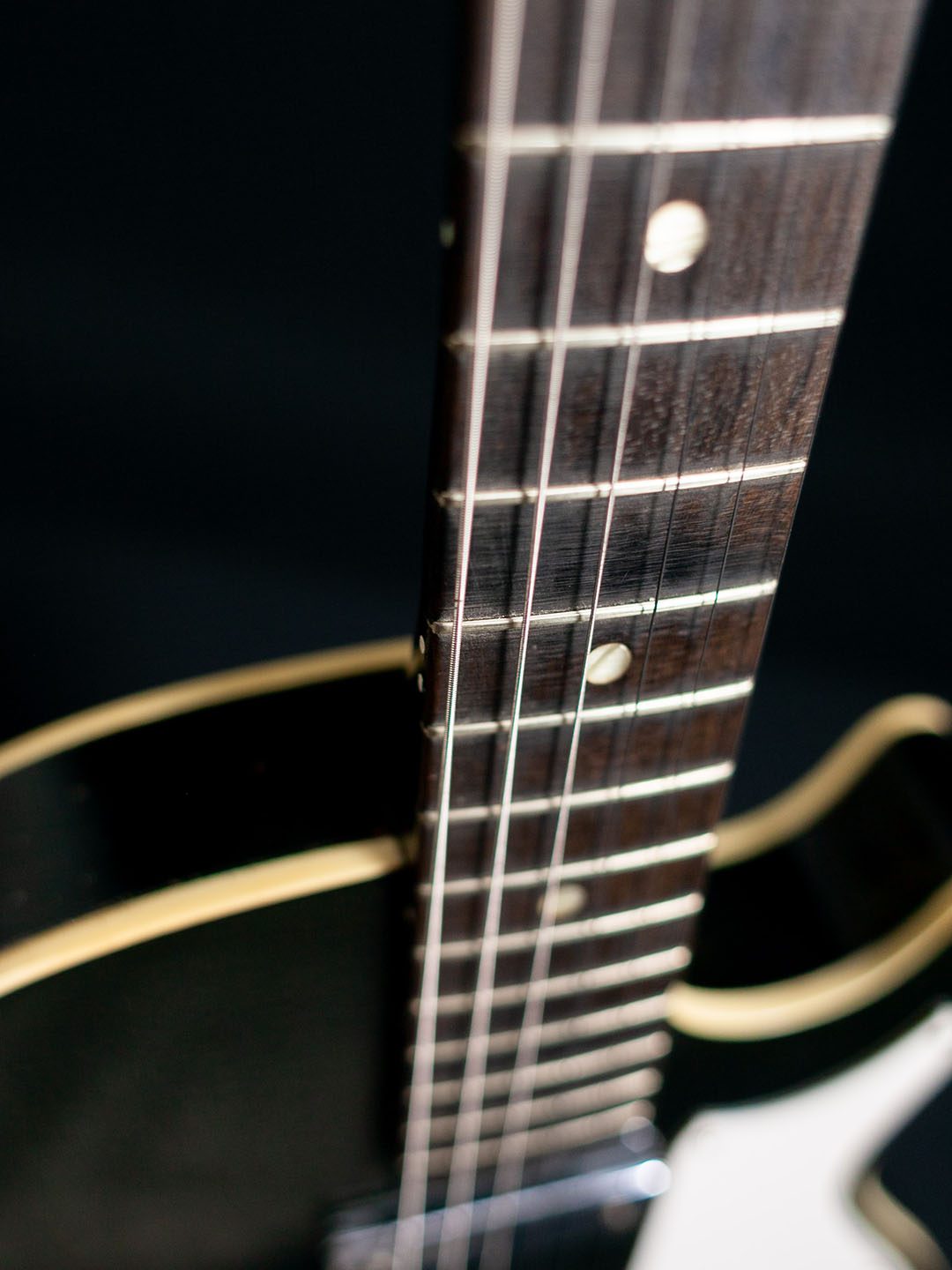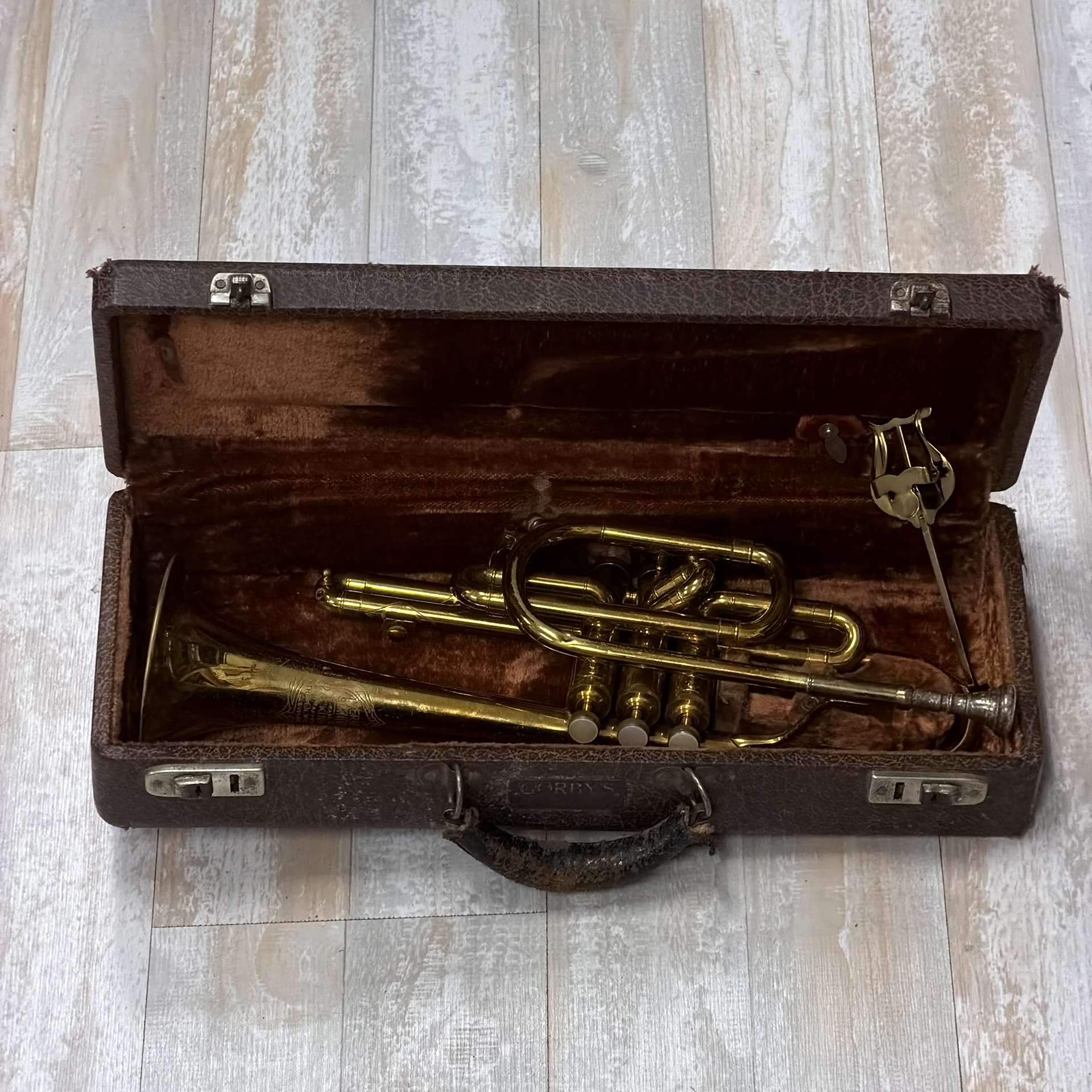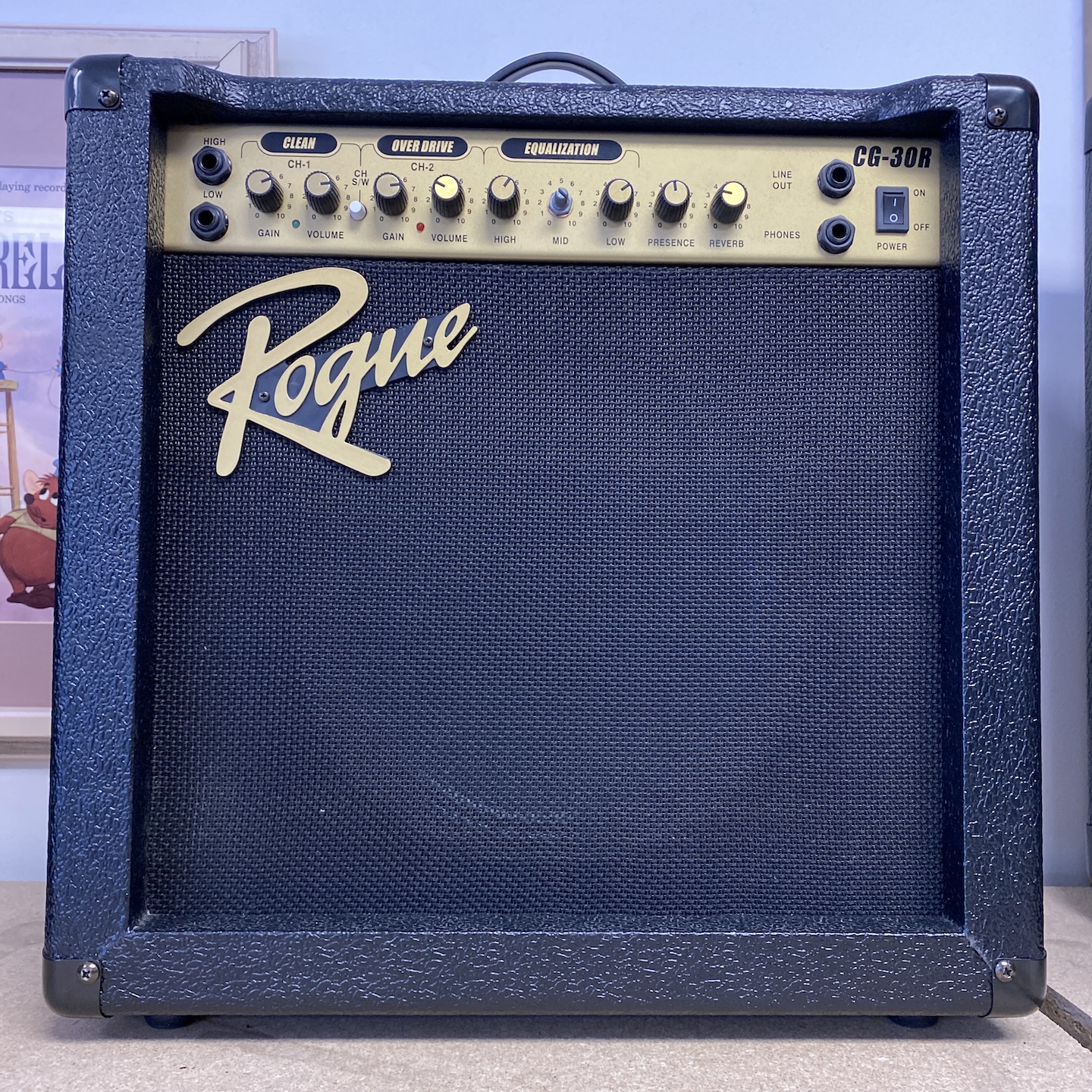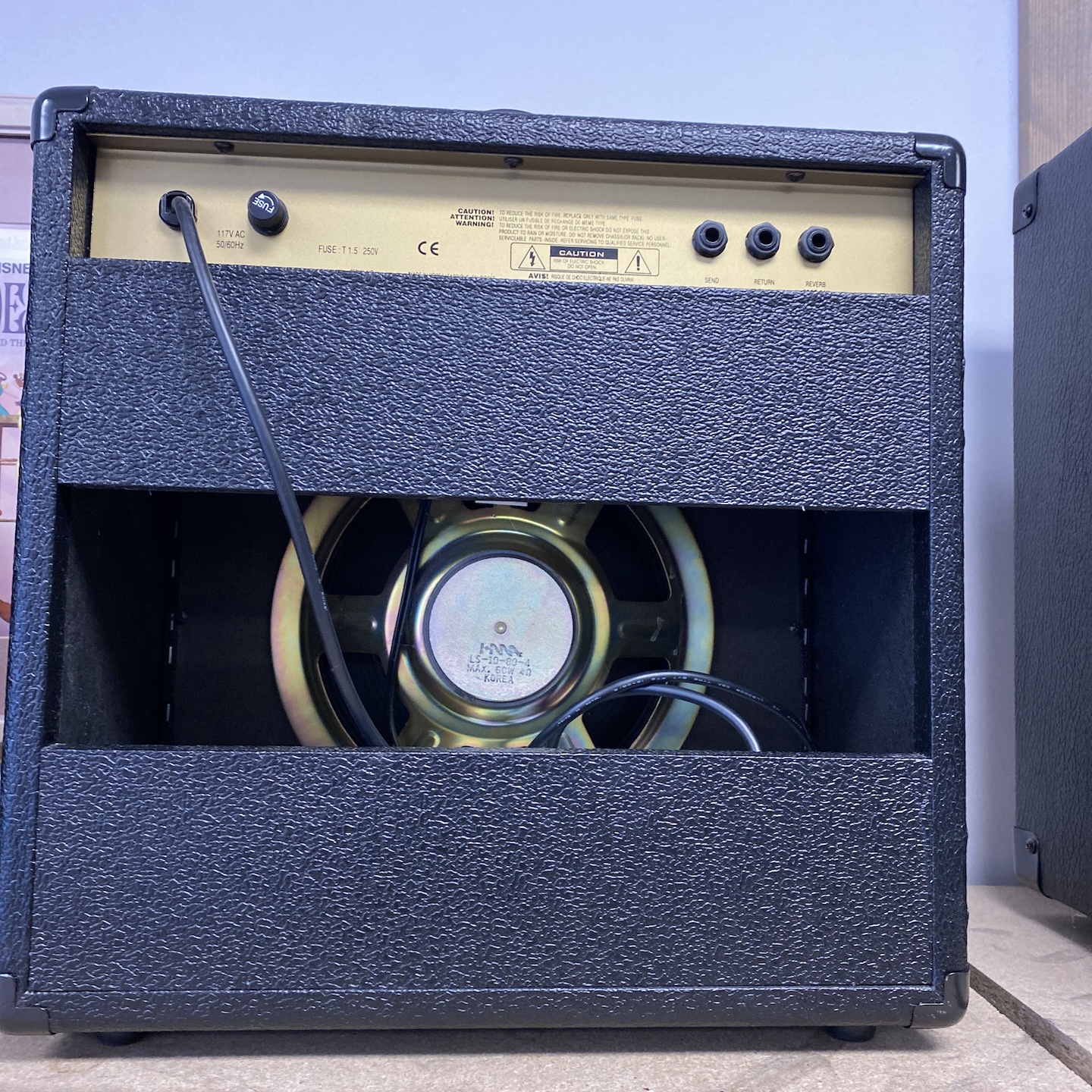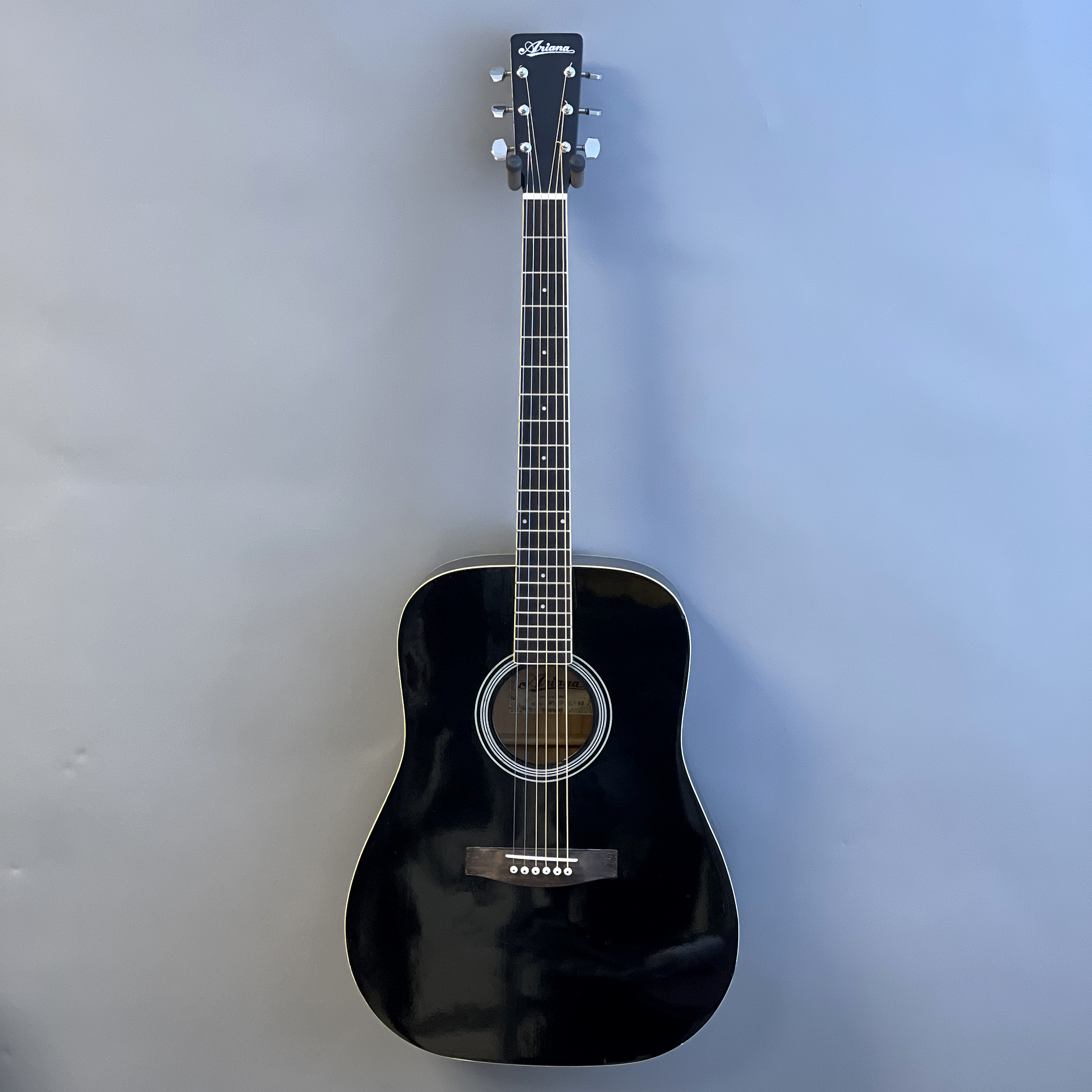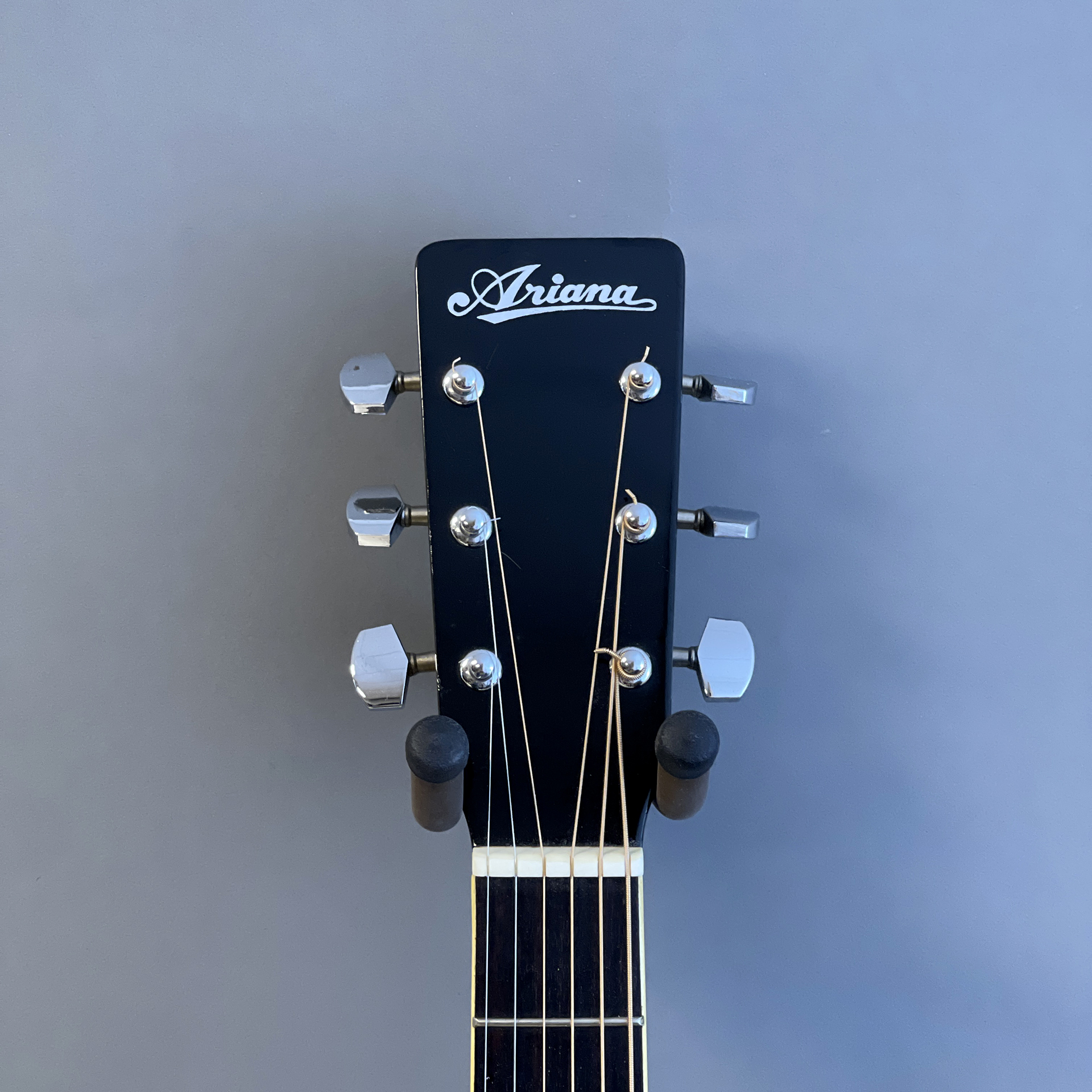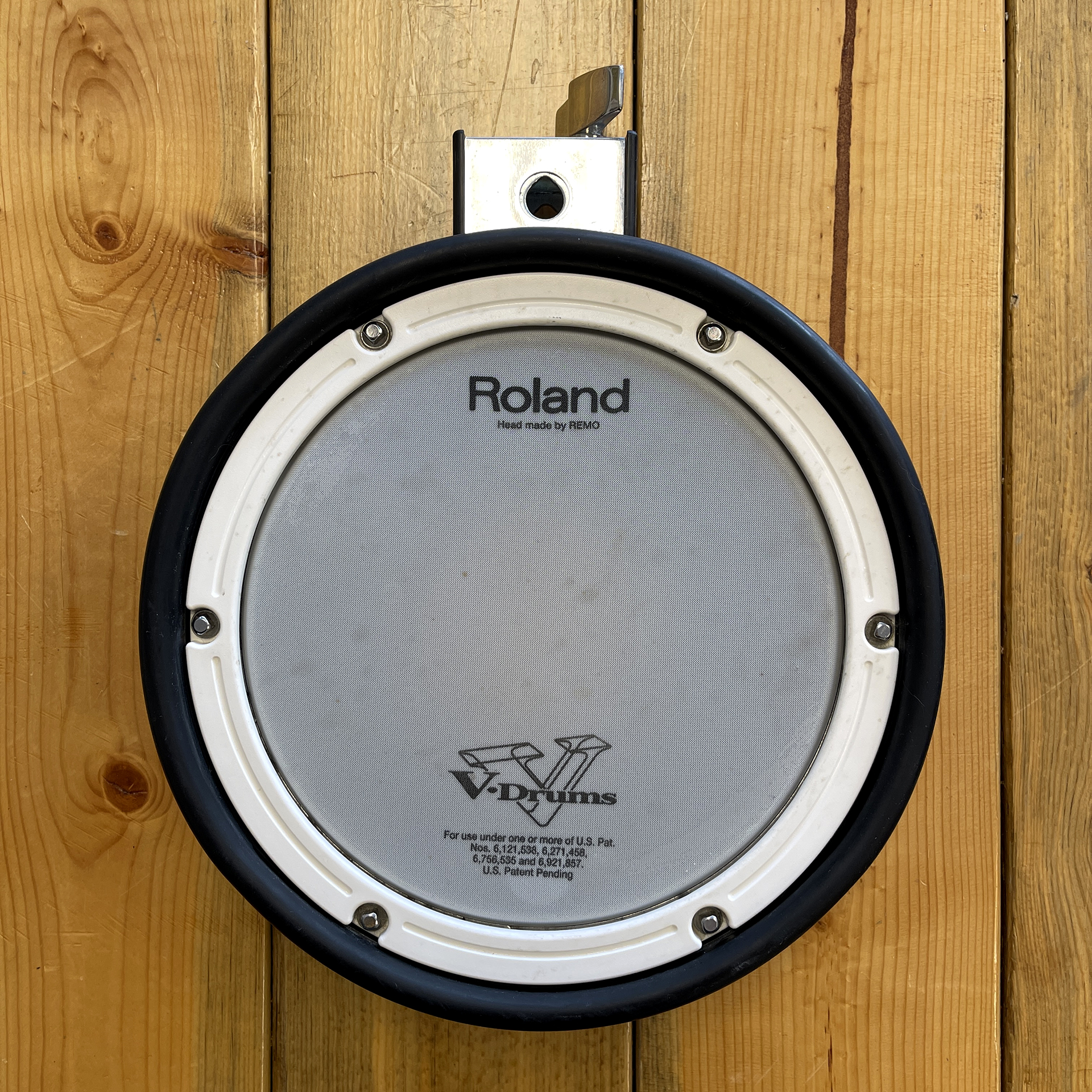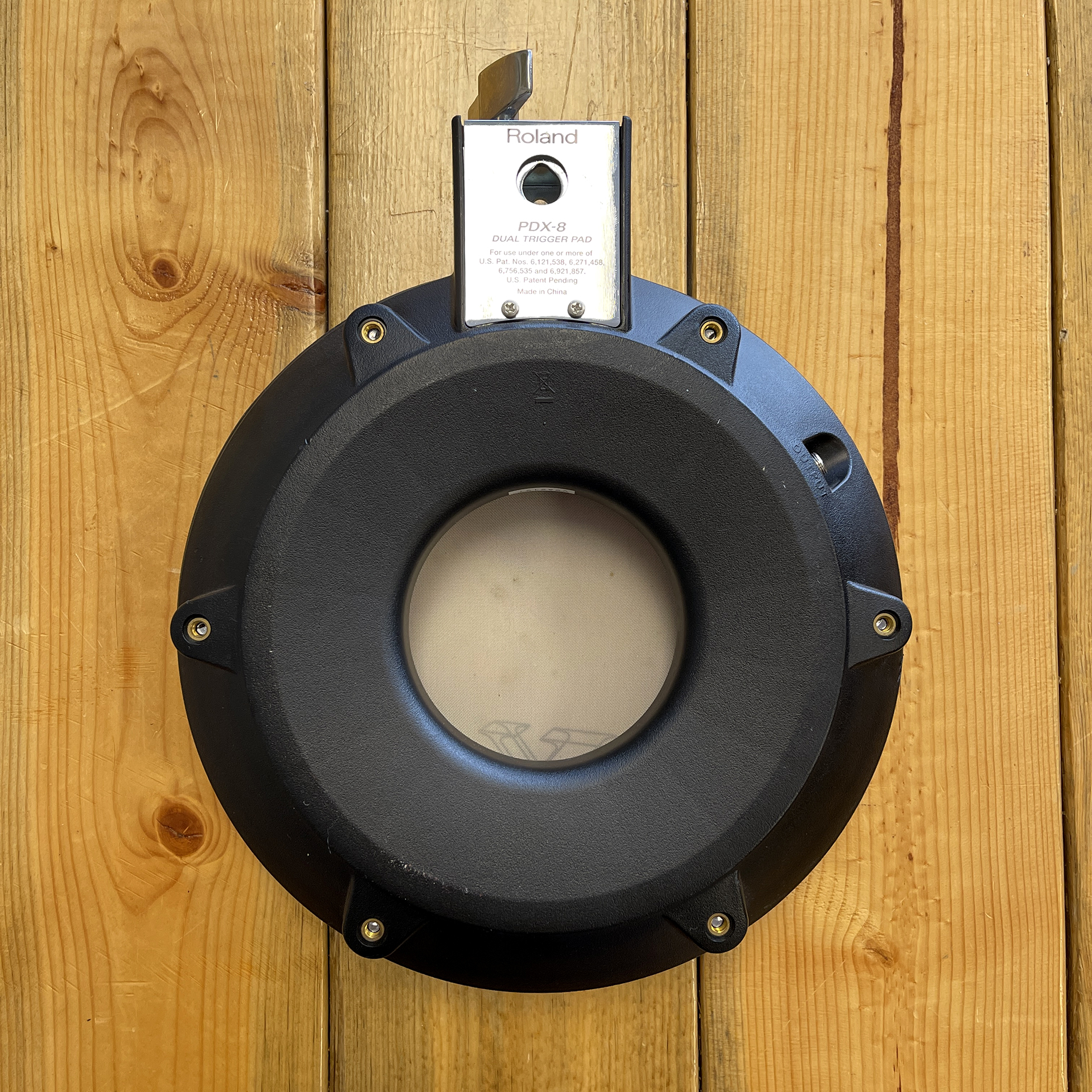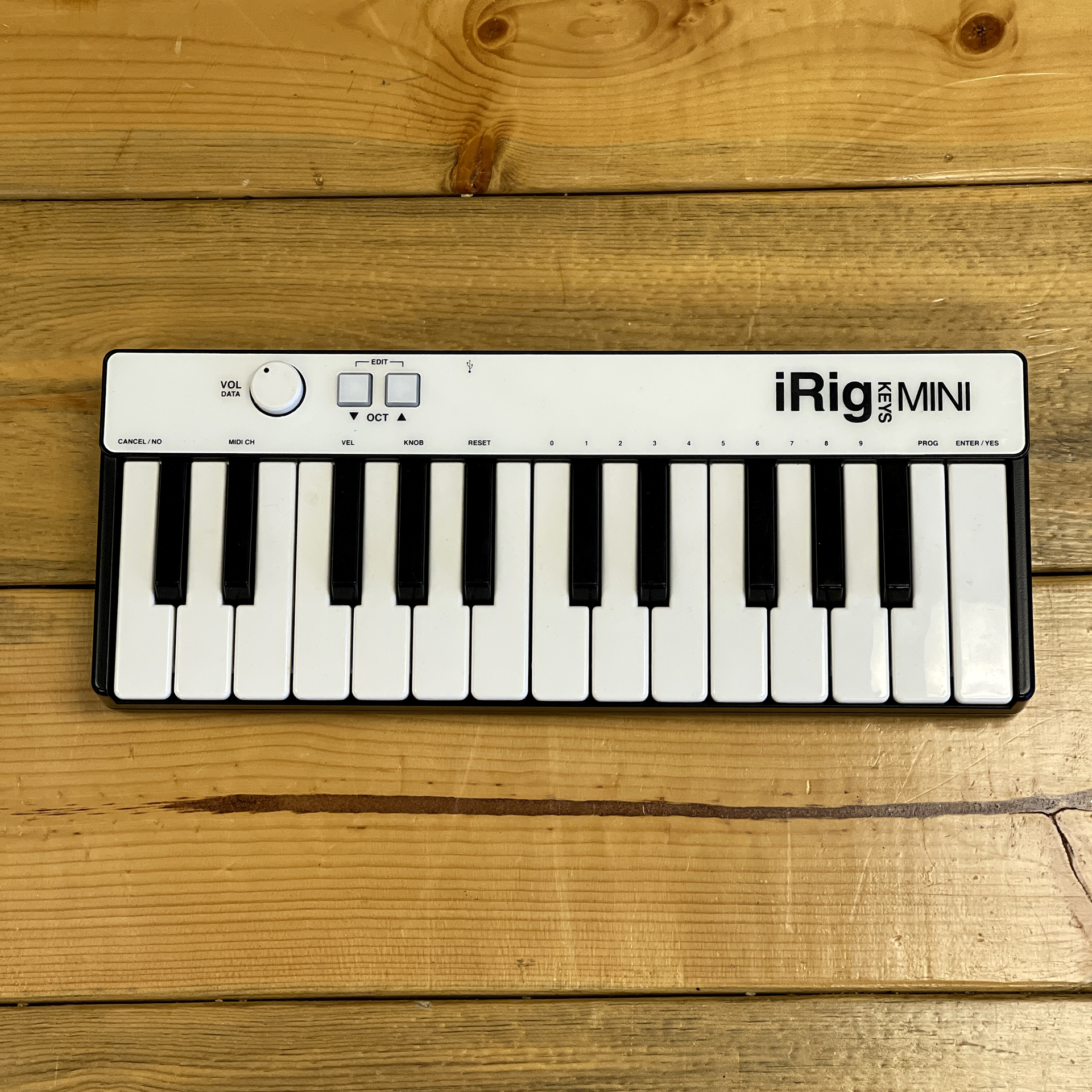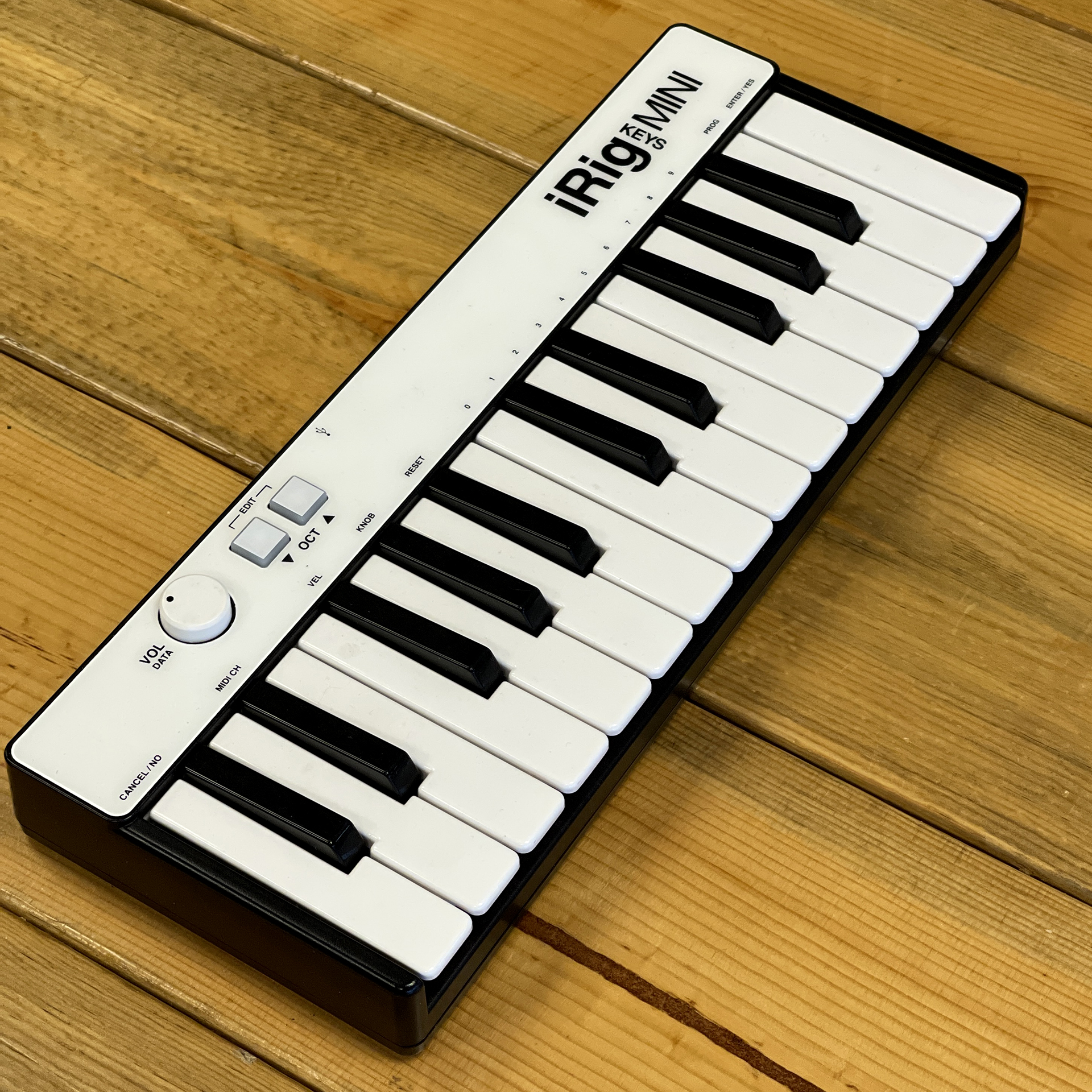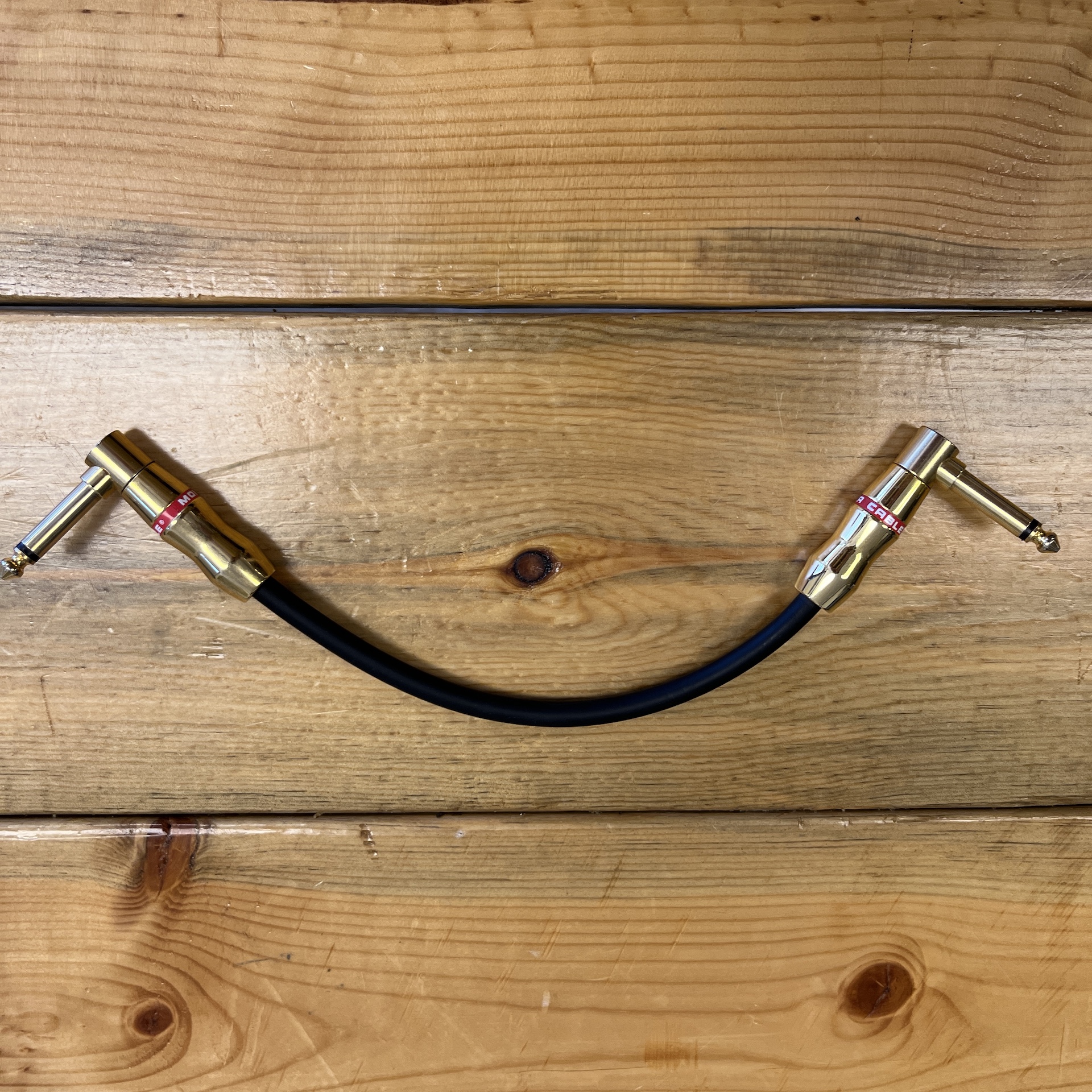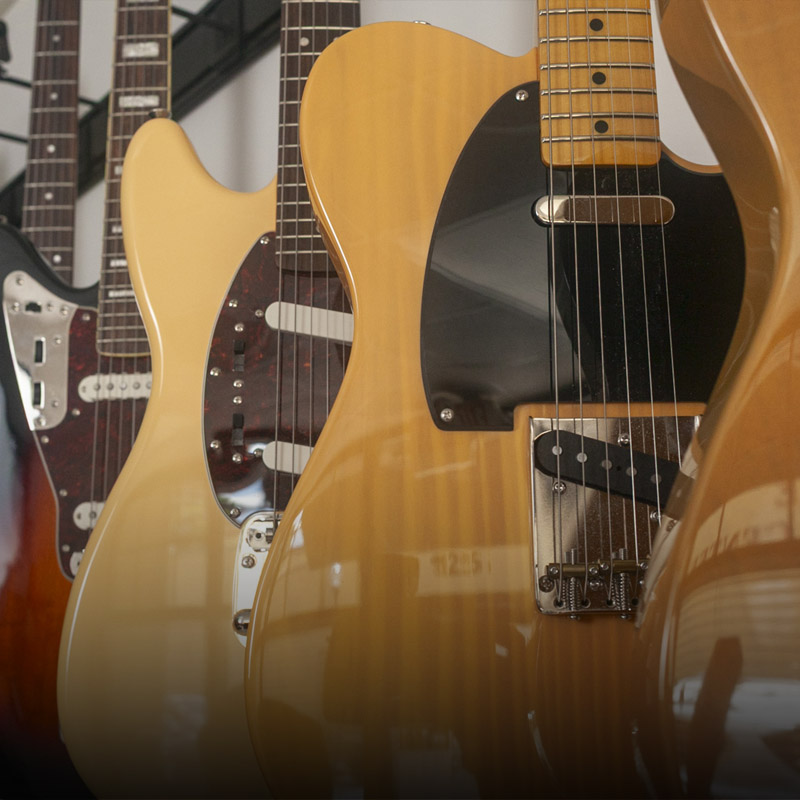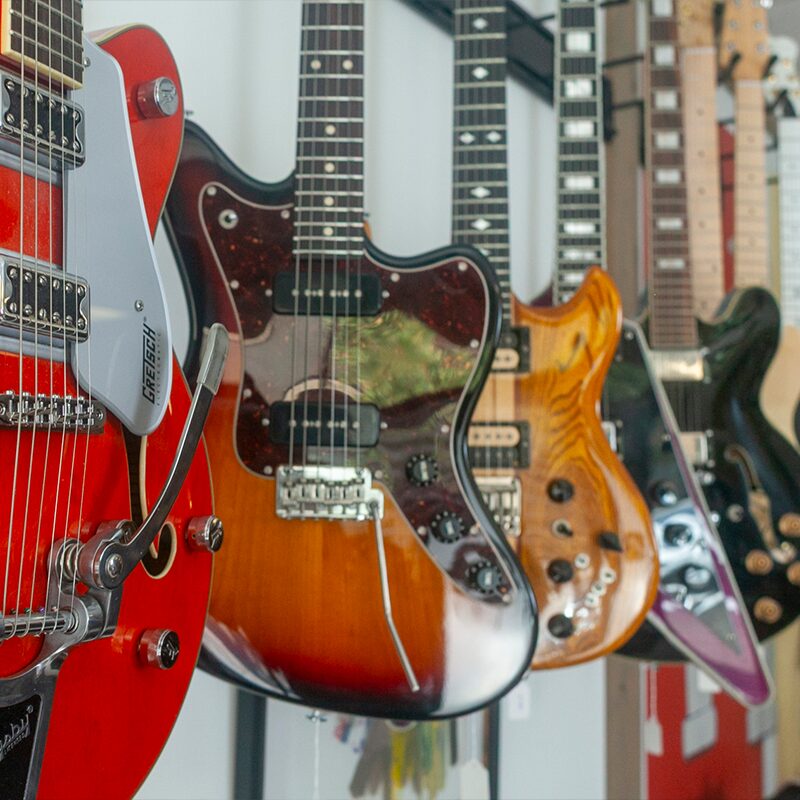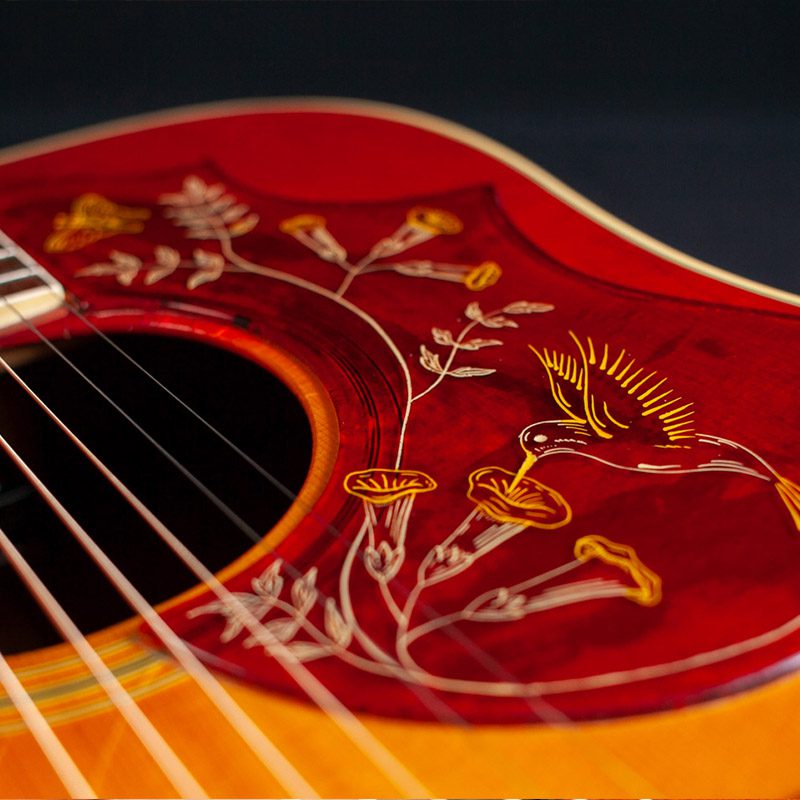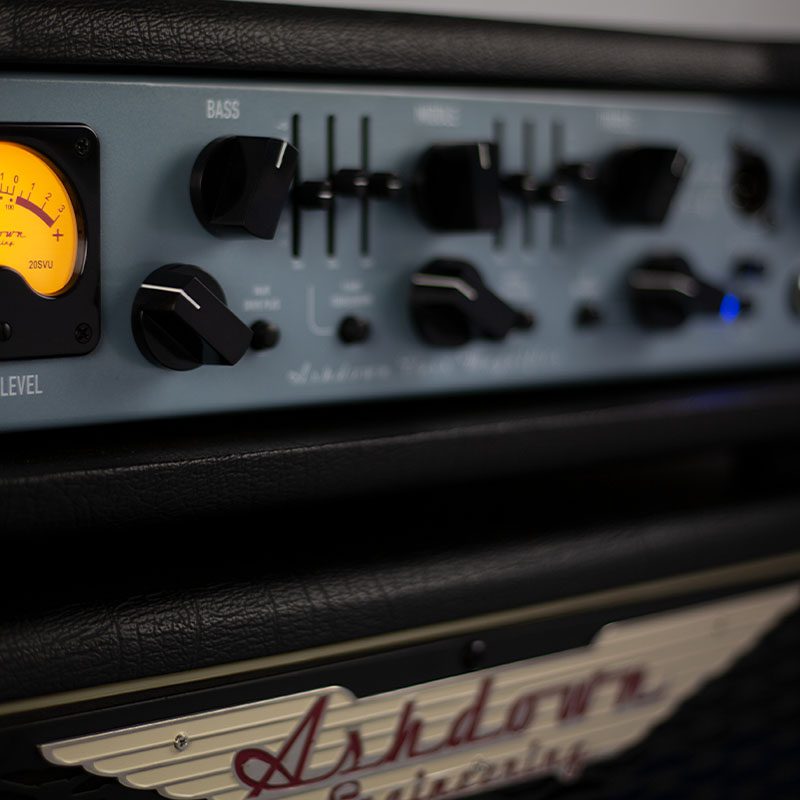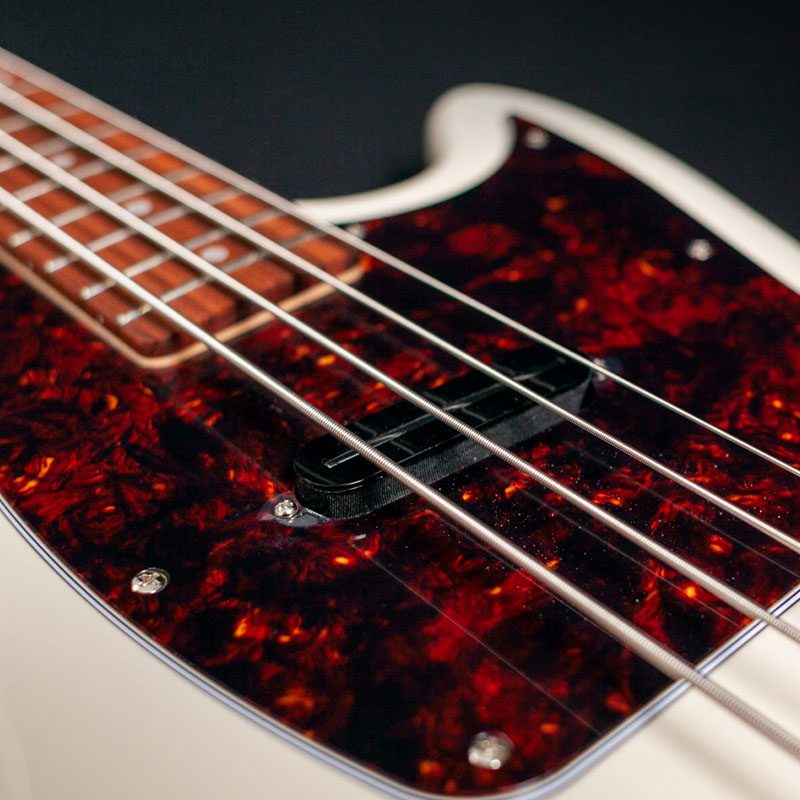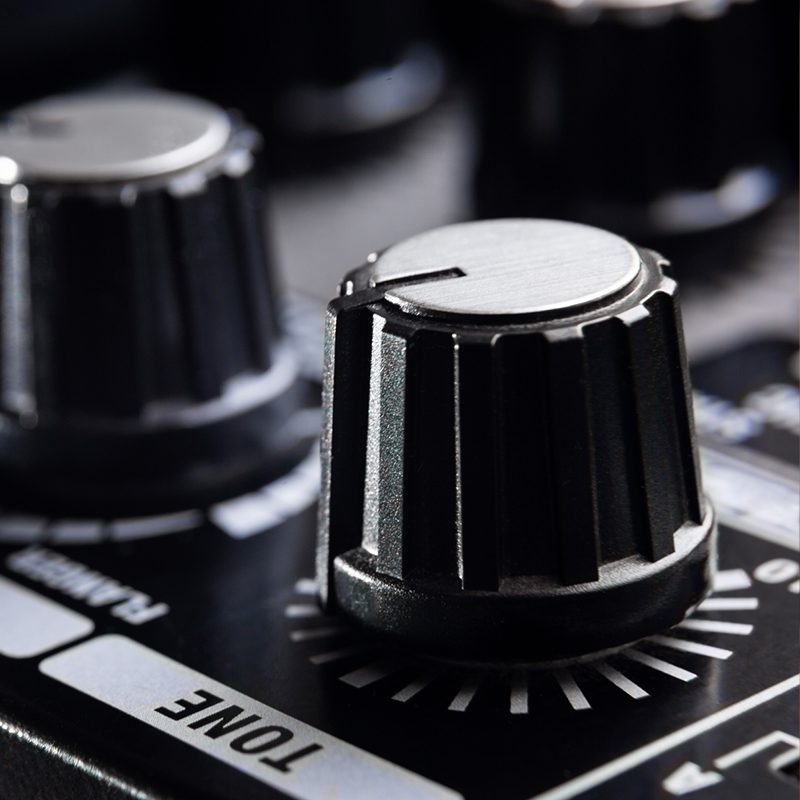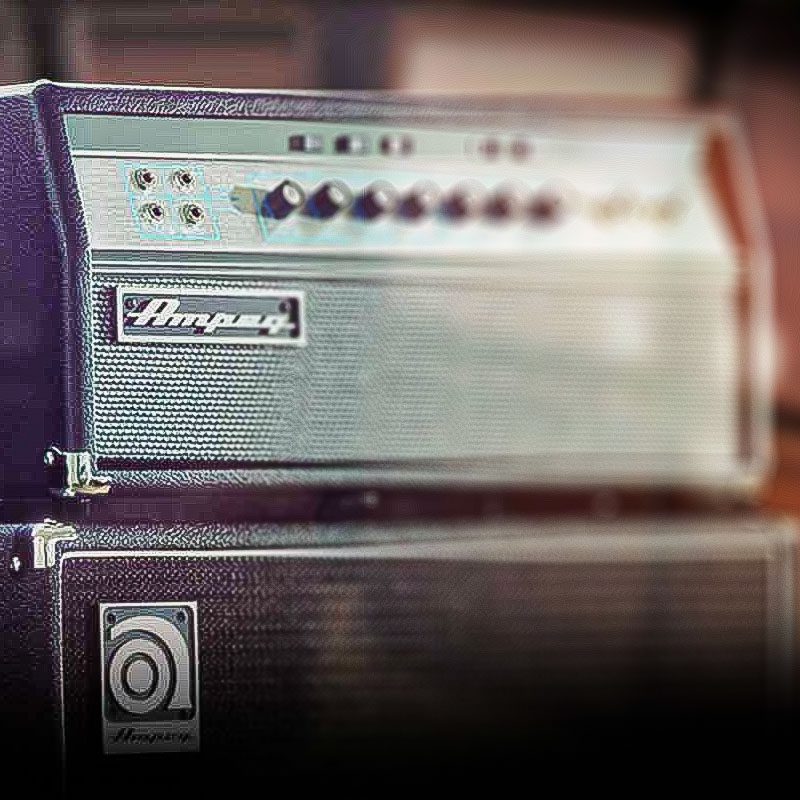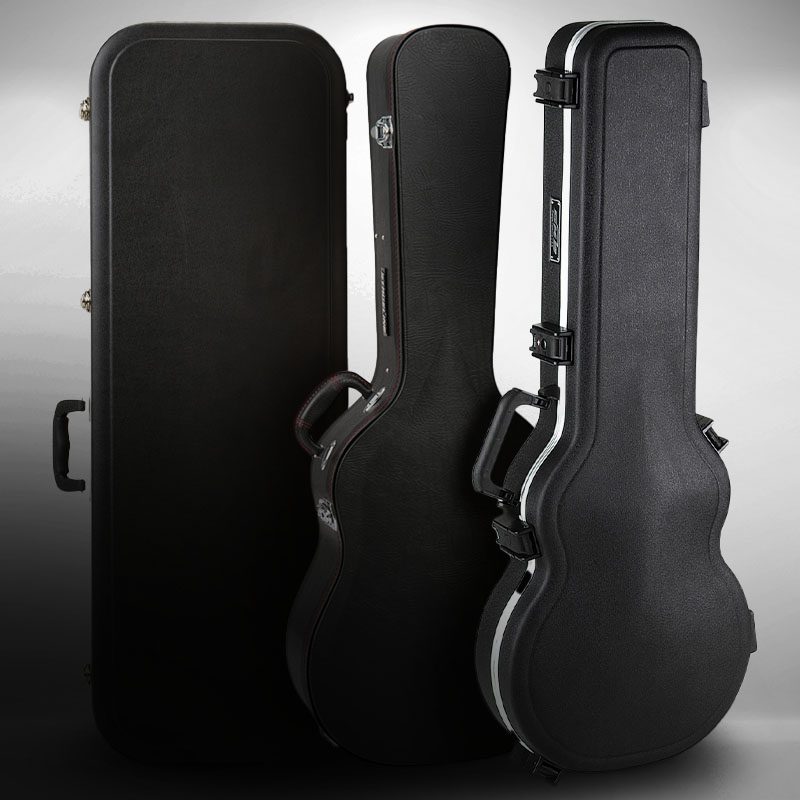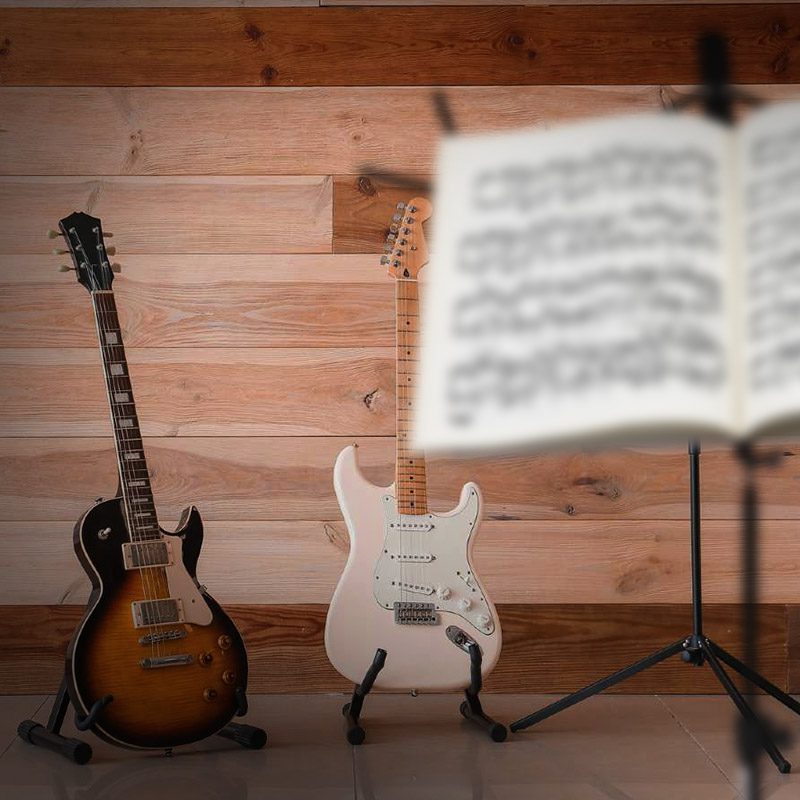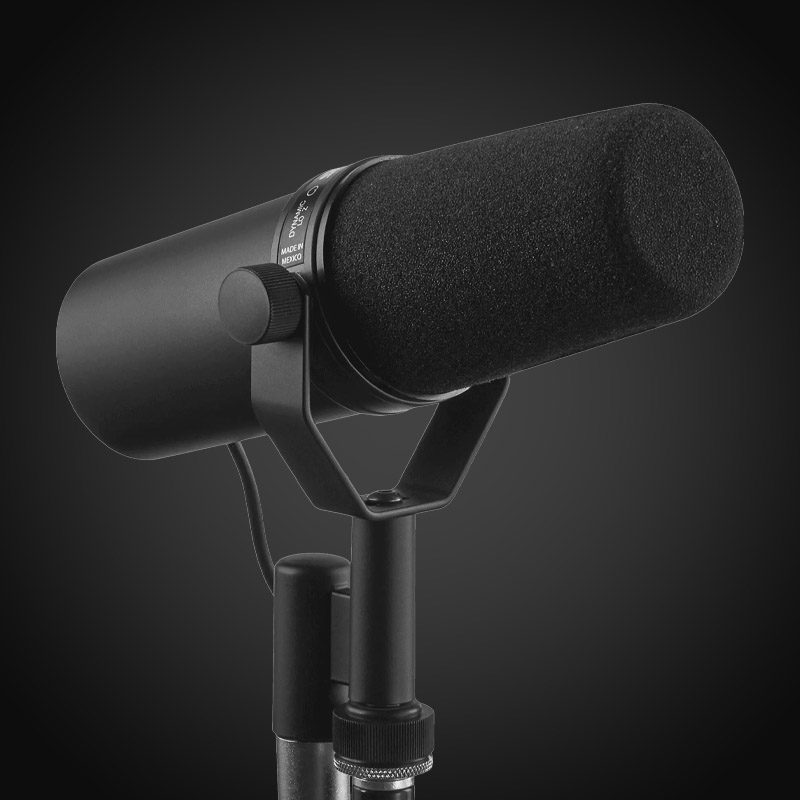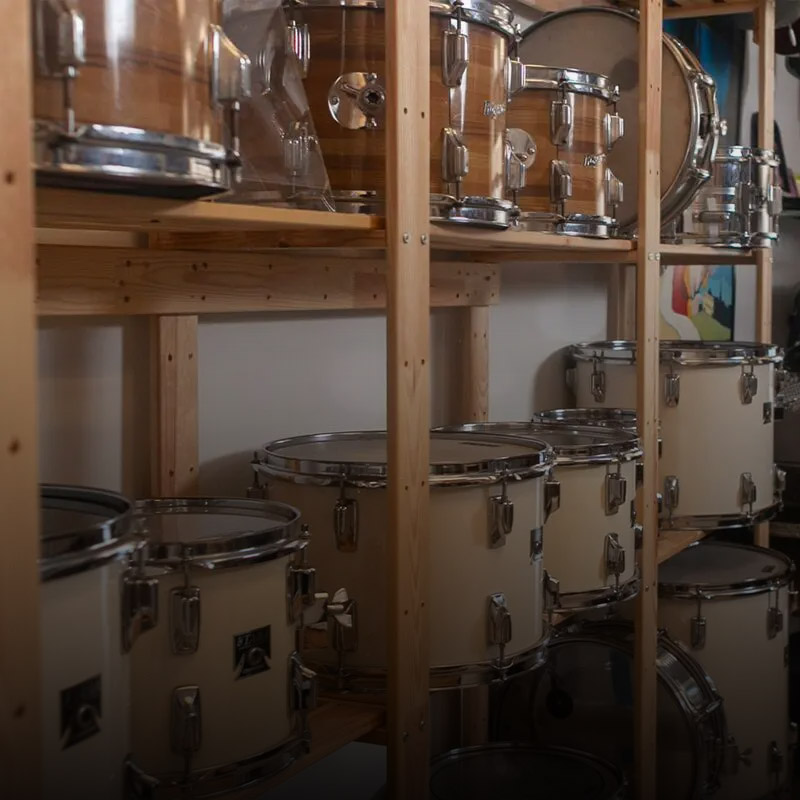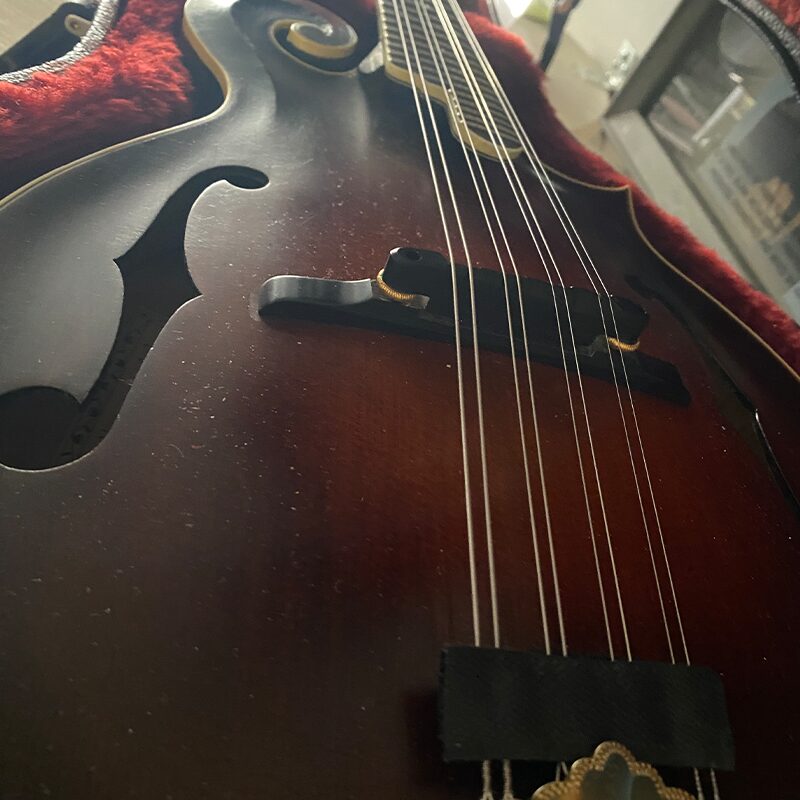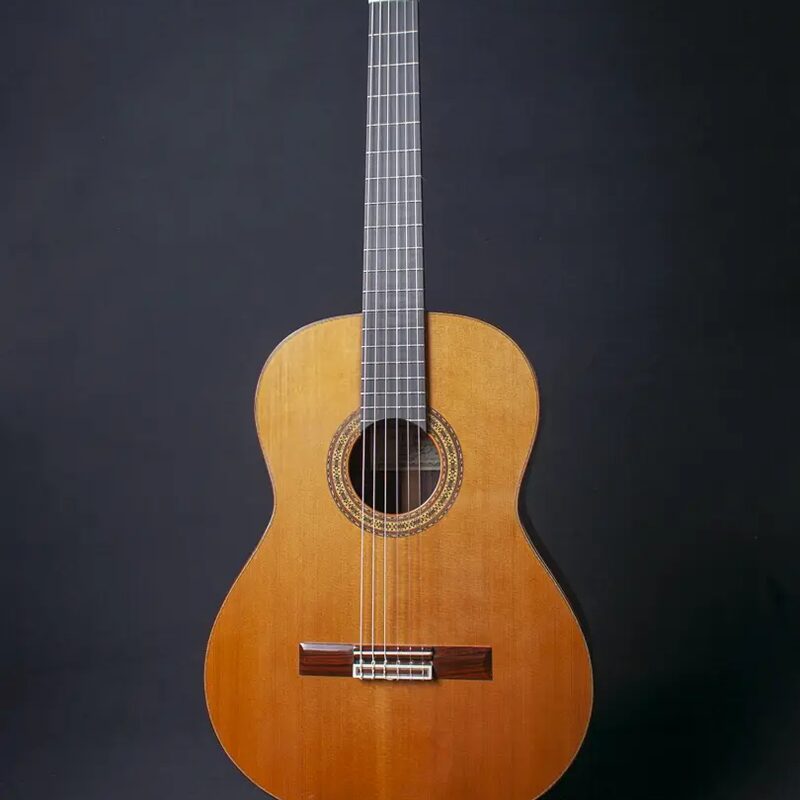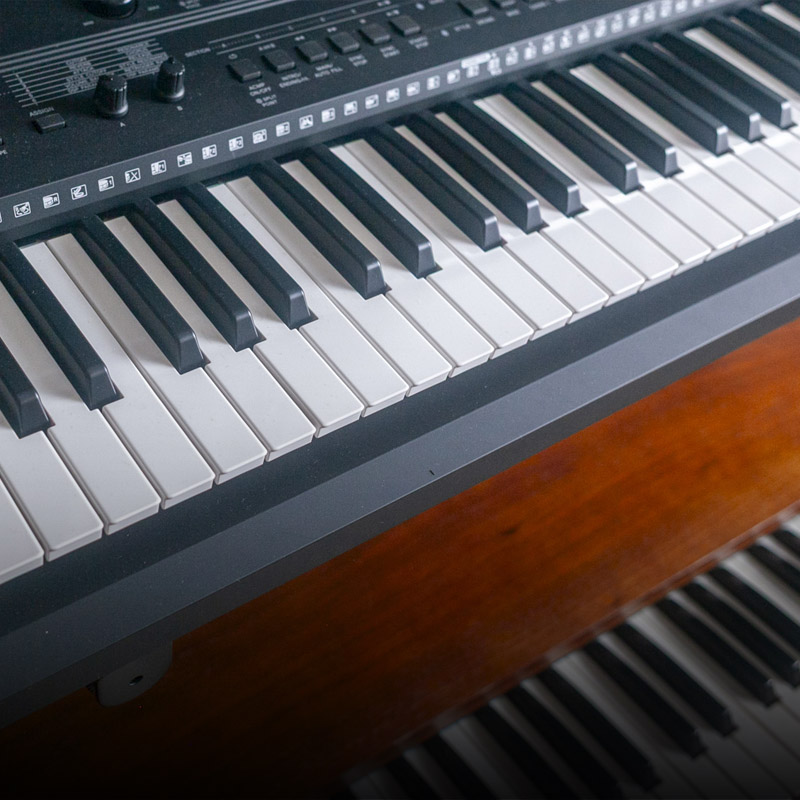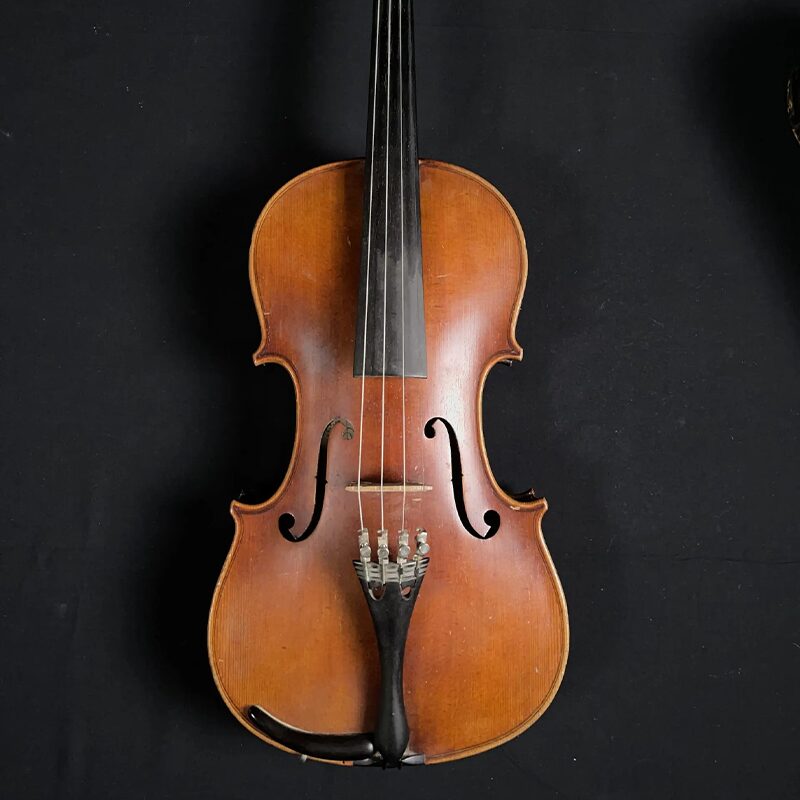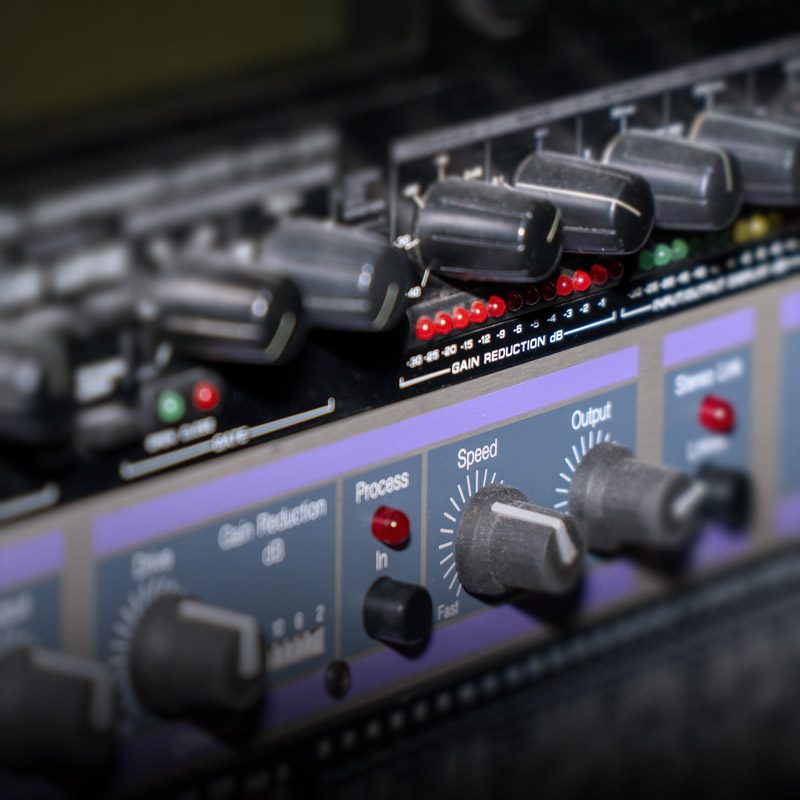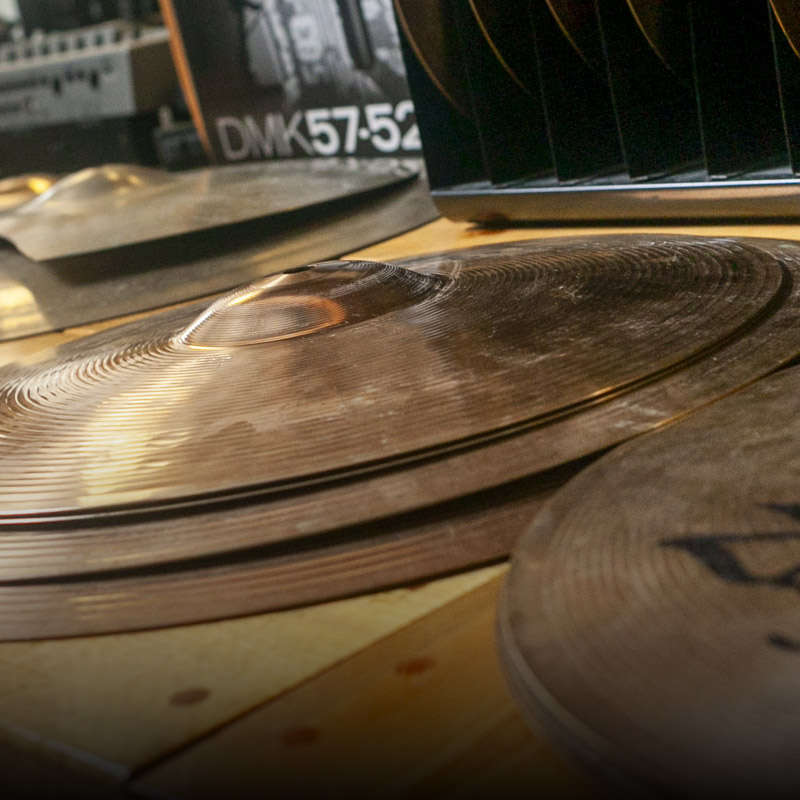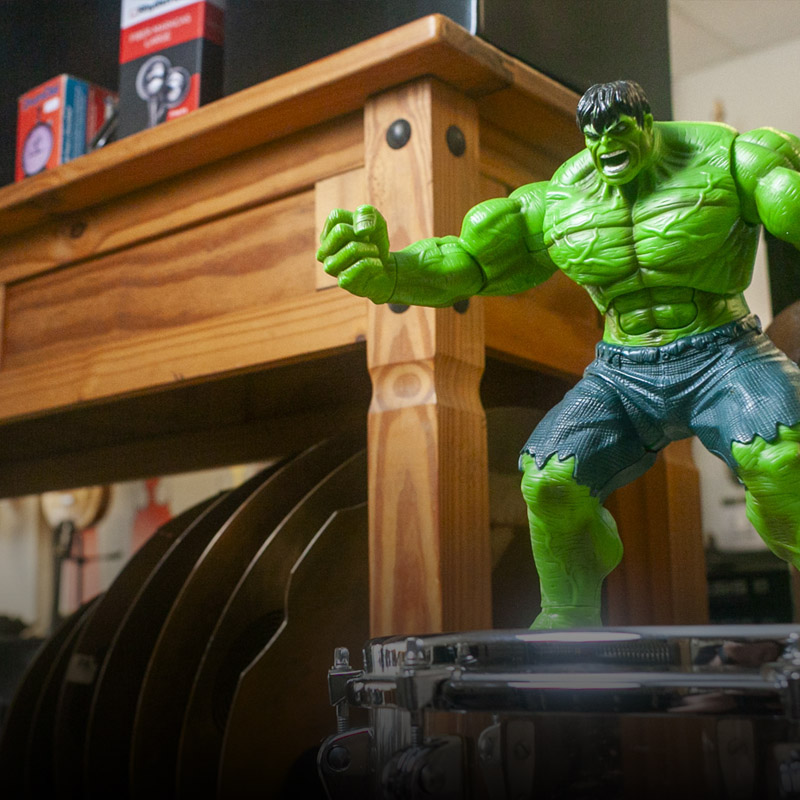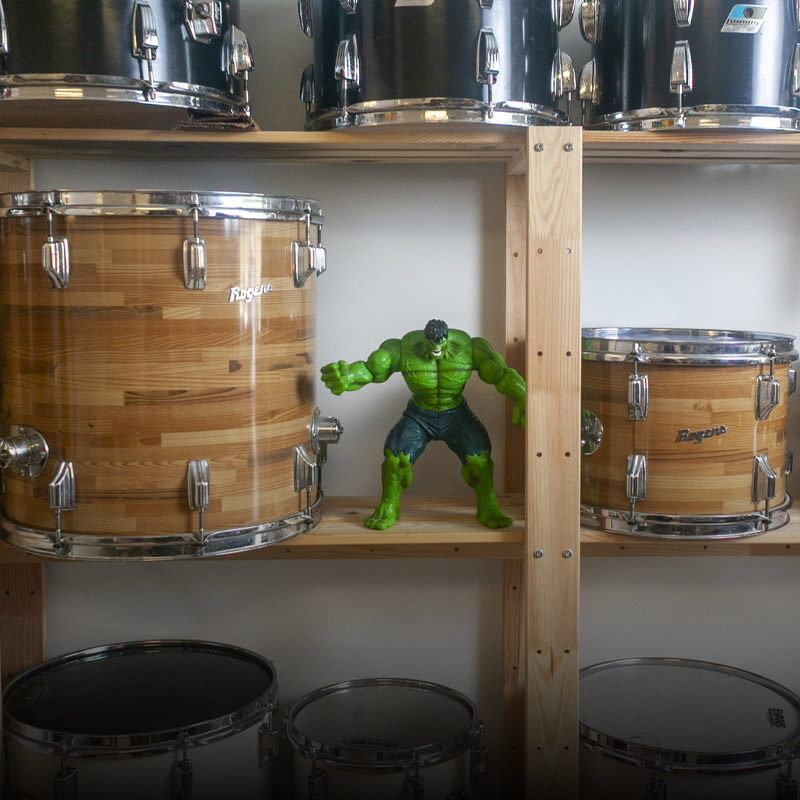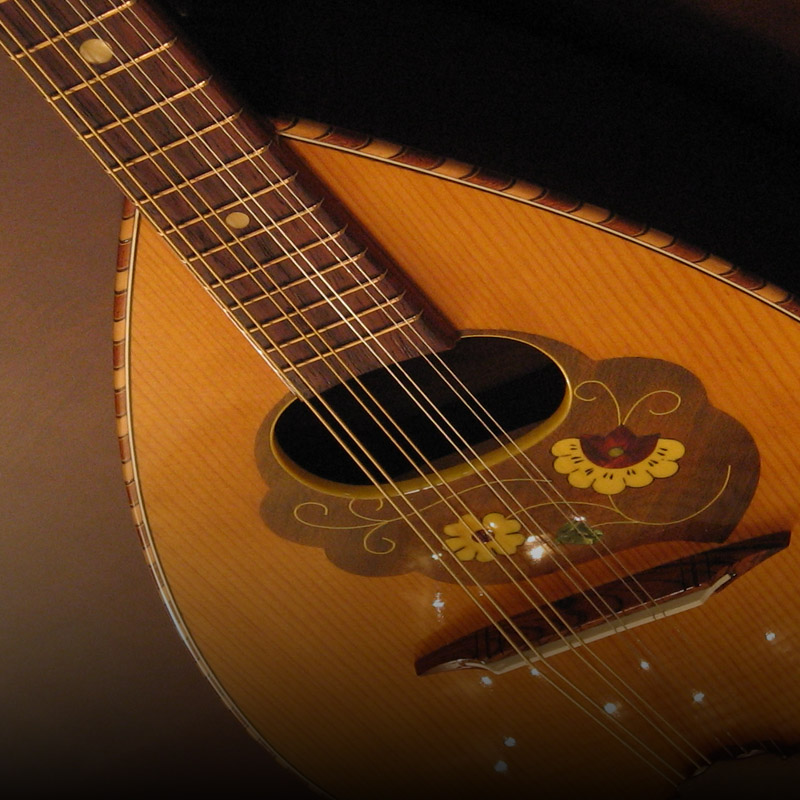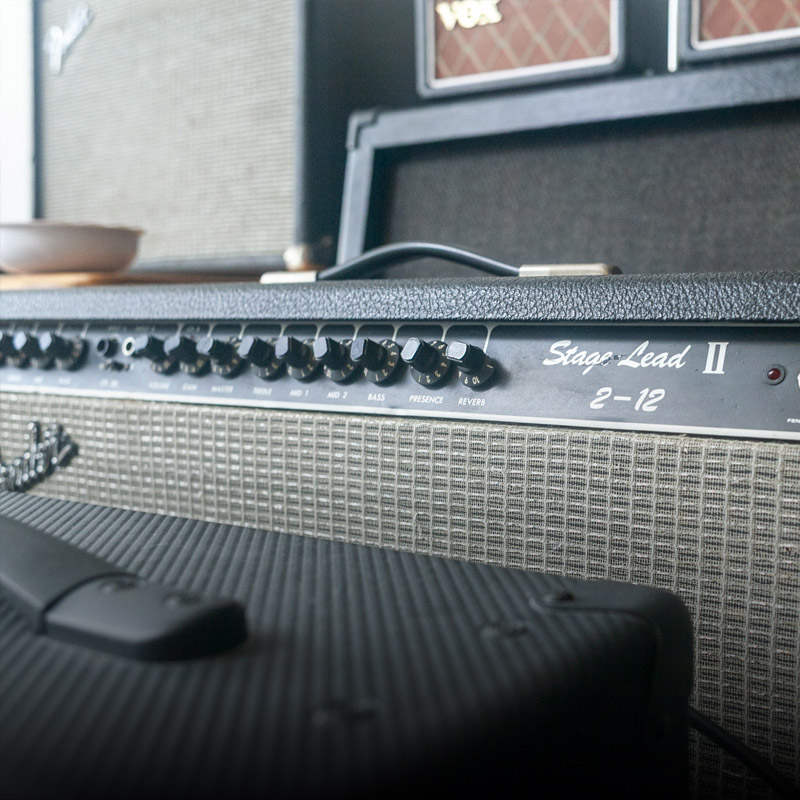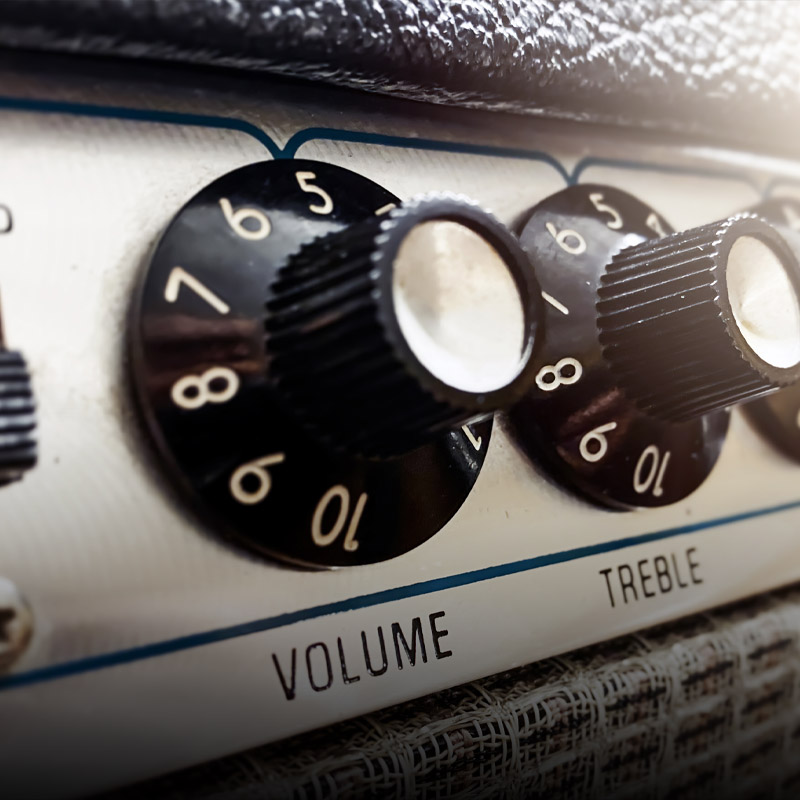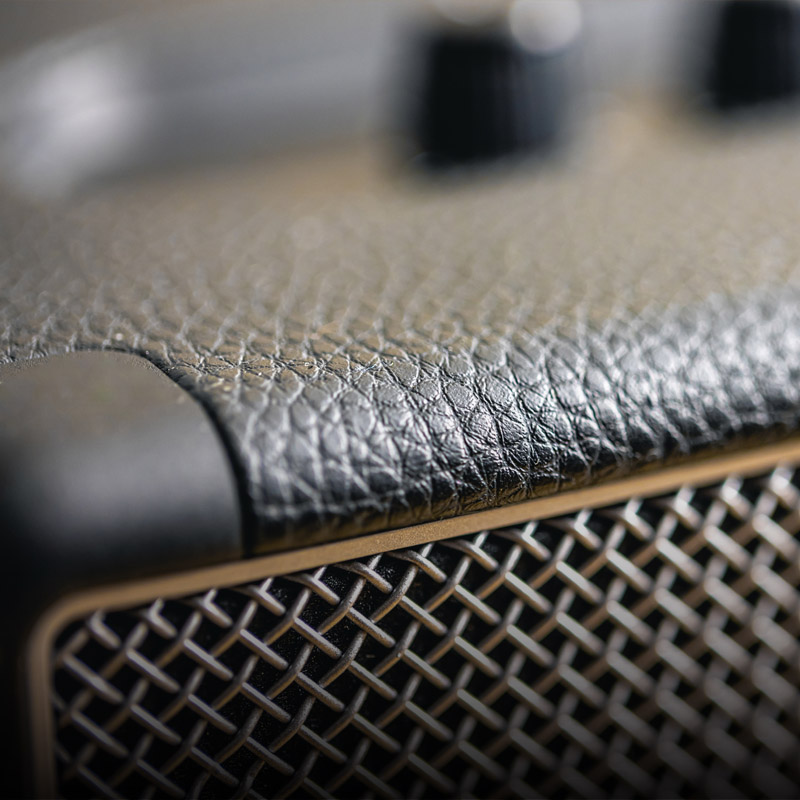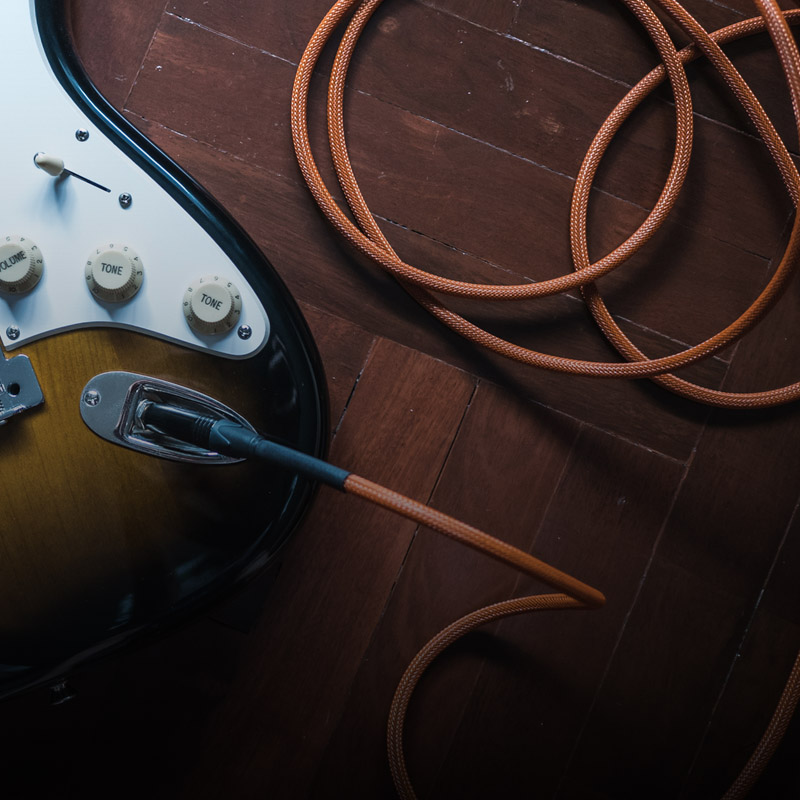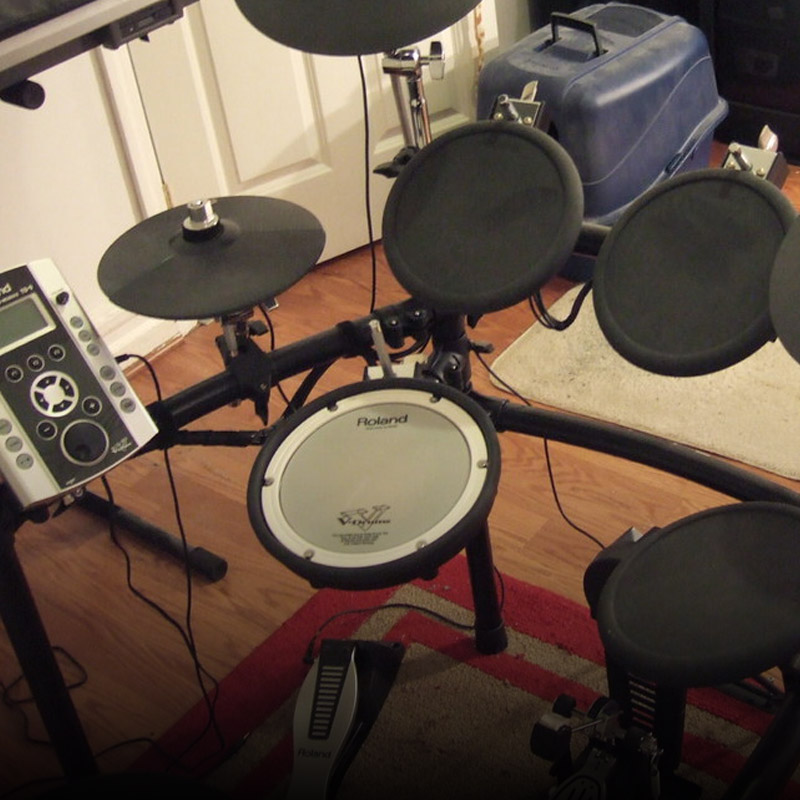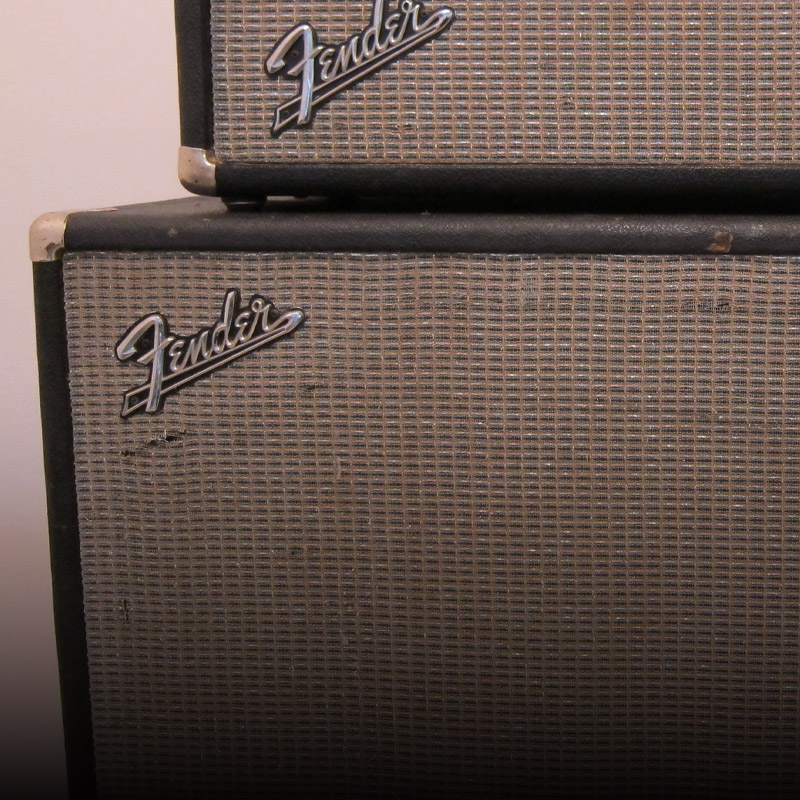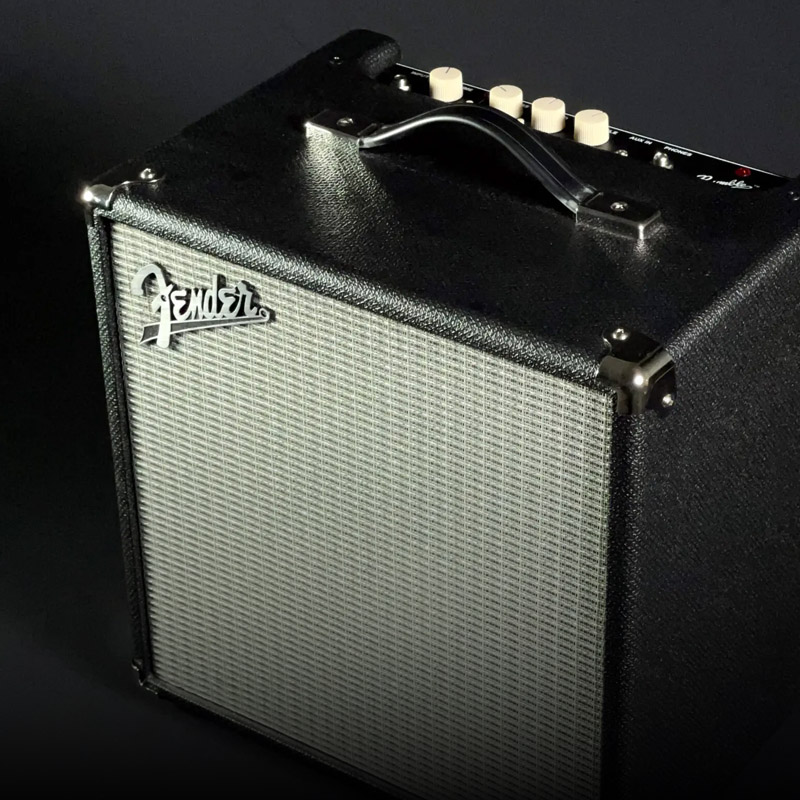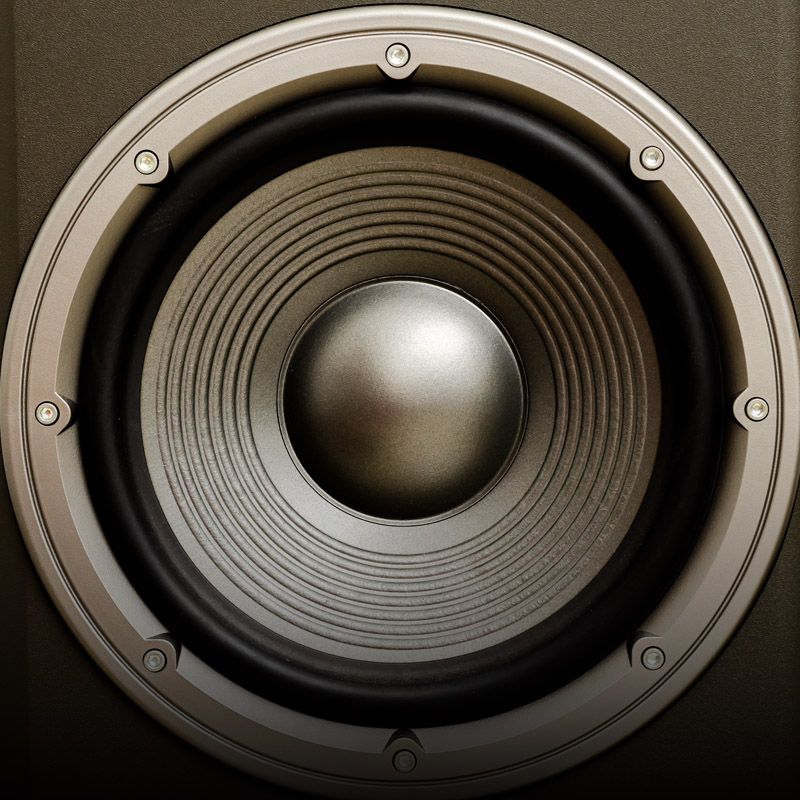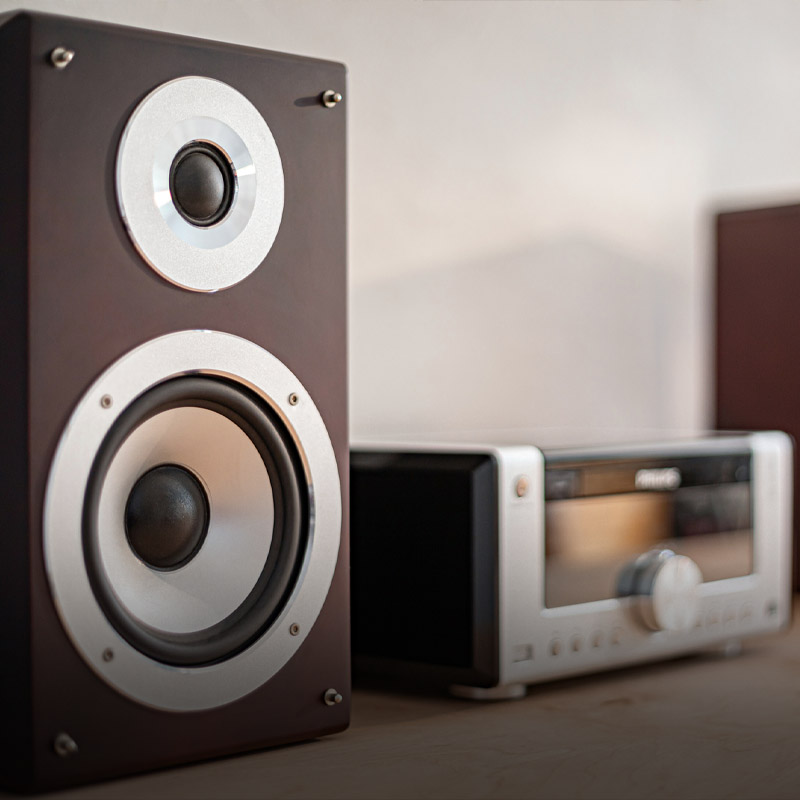Whether you have only one guitar or several in your collection, it’s vital to know how to store, handle, and properly maintain them. Leaving a guitar in a storage unit could be its death sentence! Here are some tips on how to take care of your guitar collection.

How to Take Care of Your Guitar Collection
Storing Guitars in Cases
The easiest and safest way to handle your guitars is to get good hardshell cases to store your guitars. These types of cases are more effective than gig bags, since they offer higher impact protection. With multiple guitars, it's best to store them vertically, side by side, rather than stacking them.
Using this storage method, it is important for you to keep extra notice of your strings. Richard Hoover, the founding luthier of Santa Cruz Guitars, explains that, “as the action rises [due to string tension], the change in your instrument’s geometry decreases the guitar’s resistance to the string pull and in turn increases the forward movement of the neck. Here the strings are pulling the bridge from a steeper angle, causing it to rotate and belly the top behind it. This bulge in the top will raise the strings even higher, which will further accelerate the now well-established—and possibly fatal—distortion of the whole instrument.”
You also have to consider the environment in which you’re keeping your cases. Temperature control is vital if you want your guitars to last for any time at all. You also need to keep an eye on humidity, since it can have a profound effect on your guitars' conditions. If you're unsure about your local humidity conditions, you might want to try a hygrometer.
Storing Guitars on the Floor or Wall
Another option that is available for guitar storage is using floor stands. They can be easily arranged and are very affordable, which is a plus. You can have them in any room of your house, and are especially handy within a studio, where you might need to switch between different guitars frequently. There are also plenty of floor stand designs to choose from, so you can store and display your guitars in style.
If you decide to store all of your guitars using floor stands, you should consider purchasing multiple-guitar stands or racks for all your guitars. These types of floor stands are typically more space-efficient and make your guitar collection look a bit more organized.
If you have pets or small children living in your home, floor stands may not be the best option. You wouldn’t want Rover or Little Timmy pulling your vintage Gibson ES-335 off its stand, would you?
If the situation above applies to you, wall hangers would be a smart option. They also save space and allow you to display guitars like artwork on the walls! The only catch is that if you’re not handy, mounting a wall hanger can be tricky. Wall hangers are a great option, but if they are installed incorrectly, your guitar might just come crashing down. If you’ve never hung large pictures, TVs, or mounted cabinets, it may be best to find someone to install your guitar hangers for you.
Unsure which option is best for you? Check out this helpful article.
Tips for Regular Guitar Maintenance
Whether you choose one or multiple of these ways of storing your guitars, there are other important factors to consider and manage as well. Namely, you want to think about the temperature and environment that you are storing your guitars in. You don’t want a room that will experience extreme changes in temperature or humidity.
Some of your biggest enemies with guitars are heat, excessive moisture, and excessive dryness. If you are storing them openly outside of a case, you will want to store them in a temperature controlled room, along with a dehumidifier or humidifier depending on the climate you are in. You should also regularly dust them with a dry cloth to prevent scratches and build-up of corrosion and rust.
Another important factor is keeping up with your strings while in storage. The neck of the guitar is the most likely to get damaged while in storage due to string tension. Make sure the strings are more loose than tight but not completely loose. And of course, don’t be afraid to change the strings out on a regular schedule of your own choosing, playing on worn strings causes a string of other problems you don’t want! Experts seem to agree that guitars that are not played regularly should still have their strings replaced every 3-6 months.
Taking care of your guitar collection is hugely important. These instruments are a big investment and, most likely, an important hobby, so you want to keep them in great shape! Take advantage of these guitar storage and care tips so that bad conditions and the ravages of time don't wreak havoc on your guitars. If you're looking for more guitars to add to your collection, check out our web store or book an appointment to see our collection in person!

